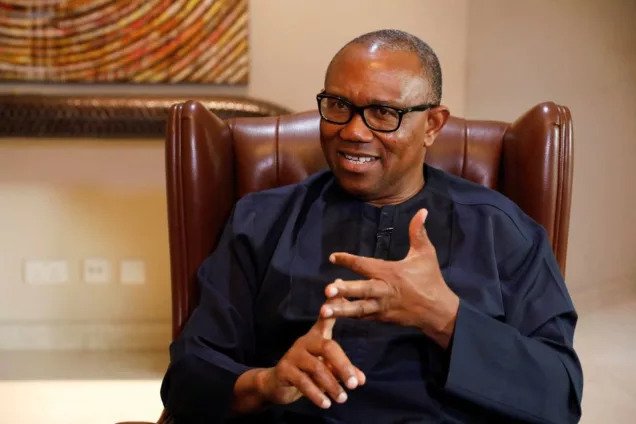Former Governor of Anambra State, Peter Obi, has reacted to reports suggesting that Microsoft might be considering shutting its African Development Centre based in Lagos.
News360 Info earlier reported that the decision means that at least 200 staff would be out of jobs.
It would also affect the country’s technological landscape, potentially impacting job opportunities and innovation in the sector.
In a statement via X on Wednesday, the Labour Party (LP) presidential candidate in the 2023 election stated that the latest development underscores Nigeria’s urgent need for comprehensive economic reforms.
According to Peter Obi, the closure of Microsoft’s innovation centre represents another significant setback for Nigeria’s aspirations to become a hub for technology and innovation in Africa.
Peter Obi also noted that Microsoft’s exit is considered a blow to the efforts to create employment opportunities and drive economic growth in Nigeria, particularly in the critical technology sector, which holds immense potential for innovation and job creation.
The statement read, “The recent announcement of Microsoft Nigeria to its workers about shutting down its innovation center in Lagos and cutting 200 jobs is deeply troubling. It underscores the urgent need for comprehensive economic reforms in Nigeria. This further highlights the challenges and broader issues plaguing the Nigerian economy.
The closure of Microsoft’s innovation center represents yet another significant setback for Nigeria’s aspirations to become a hub for technology and innovation in Africa. It also raises serious concerns about our business environment for investors. And this has become a stark reminder of the obstacles faced by both local and international businesses operating in Nigeria, including regulatory hurdles, and an uncertain business environment.
The loss of 200 direct jobs, and several other indirect jobs, is not just numbers and statistics but represents the livelihoods and aspirations of individuals and families who now face uncertainty and financial hardship. It is a blow to the efforts to create employment opportunities and drive economic growth in Nigeria, particularly in the critical technology sector, which holds immense potential for innovation and job creation. We must take decisive actions to address the root causes of this decline in investor confidence and create an enabling environment for businesses to thrive.
We must prioritize policies that promote innovation, entrepreneurship, and job creation, while also ensuring transparency, accountability, and good governance. Additionally, we must invest in education and skills development to equip our workforce with the necessary tools and knowledge that will unlock the full potential of our nation and position us to compete in the global economy.”






